It is time to call the bluff on Europe’s moral posturing as the conscience-keeper of the world. The notion must be challenged that a continent built over centuries on a foundation of warfare and armed conflict, an imperialist force with its history of colonial expansion, has transformed into a normative power that prioritizes ‘values’ and ‘human rights’ over strategic priorities and self-interests.
For all its self-righteous smugness and browbeating of the Global South for not choosing sides in the Russia-Ukraine war — essentially a European conflict — Europe can be remarkably clear-headed when it comes to choosing between ethical norms and material interests in more distant geographies.
Europeans demand that countries in Global South and rising powers such as India become a party to punishing Russia at the cost of their own food or energy security, yet when it comes to economic relations with China, another authoritarian, revanchist power that specializes in territorial aggrandizement and has long-running sovereignty disputes with several countries — suddenly the world is no longer “black and white”, and decoupling is “not a viable concept”, as European Commission chief Ursula von der Leyen recently said during a keynote address in Brussels.
In September last year, French president Emmanuel Macron accused nations that took a neutral stance on the Ukraine conflict of “complicity” with Russian aggression. A few months later, Macron went to Beijing, claimed to be a ‘stoic’, slammed the United States and assured Xi Jinping of Europe’s non-intervention in Taiwan. The question whether Macron was speaking for the entire continent, only for France or Western Europe is moot.
His semantic jugglery and attempt to create space for boosting trade and military ties with China brings home India’s external affairs minister S Jaishankar’s criticism of Europe’s sense of entitlement when he said “Europe has to grow out of the mindset that Europe’s problems are the world’s problems, but the world’s problems are not Europe’s problems.”
Quick Reads
View AllThe sum and substance of Macron’s comments while in Beijing were clear. Regardless of China’s bullying of countries in East China Sea and South China Sea, military face-off with India along the LAC, ratcheting up of cross-strait tensions over Taiwan (that Xi has threatened to annex by hook or by crook) or bullying of nations in its own continent such as Lithuania, Europe has no wish to get “caught up in crises that are not ours.” As the French president told journalists while flying back home, “Europe is not America’s vassal” and it is not in “our interest to accelerate [a crisis] on Taiwan”.
In his column for Indian Express, C Raja Mohan writes, “the fact is that both principle and power are at stake in Ukraine and Taiwan. If Russia’s use of force to seize its neigbhour is unacceptable to the world, so should China’s territorial expansionism in Asia.”
While Macron was trying to shield Europe’s interests in case a war breaks out between the US and China over Taiwan, it reinforces Europe’s obsession with mercantilist market access and the emptiness of its “commitment to values”.
This, perhaps, shouldn’t be a surprise. The colonial enterprise of industrialized Europe and its practice of empire-building was built on the premise of finding captive markets for their machine-produced goods. Trade patterns steered their geopolitical moves and interests. Has anything changed?
The veneer of morality falls apart when commercial interests are at stake. Europe’s luxury carmakers made a beeline for the Chinese market as soon as Xi reopened the Chinese economy last year. Three of the biggest German carmakers — Mercedes-Benz, BMW and Audi — kicked off their EV vehicle production facilities in China in June alone.
EV is a big part of the German automotive sector’s plans for upgradation. As a report in Quartz points out, Mercedes-Benz “plans to be all-electric by 2030, Audi will end production of internal combustion engine cars by 2026 and BMW expects sales to be 50 per cent EVs by the end of this decade.”
The idea is to set up production units in a region that dominates the EV supply chain. Since China monopolises the global supply of several key materials including magnesium and rare-earth metals, European carmakers therefore have decided to stay invested in China.
So, on the one hand, European lawmakers and members of the 17-nation EU bloc are vowing to diversify the critical raw material supply chain for green technologies such as lithium, cobalt, silicon and rare-earth metals away from China European businesses are doubling down on Beijing that controls 98 per cent of Europe’s rare earth supply, 93 per cent of magnesium and 97 per cent of Europe’s lithium needs.
Mercedes Benz chief said last week that cutting ties with China would be “unthinkable for almost all of German industry”. The reason is obvious. China was the “most important global market” for Mercedes cars last year with a 37 per cent market share — compared with 31 per cent for Germany and other European markets and 15 per cent for the US.
Citing data from a US research group, Financial Times reported on Wednesday that European investment in China’s automotive sector has hit a record high, going up to 6.2 billion euros last year, compared to 1.7 billion in 2018. The difference between what Europe says and what it does is stark.
During her keynote address in Brussels on 30 March, a speech that has been defined as Europe’s “consistent and unified strategy on China”, Von der Leyen sought to ‘de-risk’ Europe’s ties with Beijing and deliver a tough message to Xi. Calling China “more repressive at home and more assertive abroad”, the EU Commission chief said how it “continues to interact with Putin’s war will be a determining factor for EU-China relations going forward.”
She referred to China’s “show of military force in the South China Sea and East China Sea, and at the border with India”, underscored the “importance of peace and stability in the Taiwan Strait”, slammed Xi for “grave human rights violations occurring in Xinjiang”, describing it as “cause for great concern” and stated that “how China meets international obligation regarding human rights will be another test for how – and how much – we can cooperate with China.”Von der Leyen also mentioned the Critical Raw Materials Act that EU has put forward to “strengthen its global engagement with reliable partners”, and vowed to “enhance cooperation on sectors such as digital and clean tech, through the Trade and Technology Council with India”.
The EU chief had delivered the address a few days before she was scheduled to visit Beijing along with French president Macron. In her words, “managing this relationship and having an open and frank exchange with our Chinese counterparts is a key part of what I would call the de-risking through diplomacy of our relations with China. We will never be shy in raising the deeply concerning issues I have already set out.”
To reinforce Von der Leyen’s message, and to put forward a message of “unity and clarity”, EU foreign policy chief Josep Borrell lashed out at Xi for “siding with the aggressor,” and said that “there is a clear expectation from a permanent member of the (UN) Security Council to stand up in defense of international rules-based order and China as a moral duty to contribute to a fair peace.” Borrel even claimed that China’s “position on Russia’s atrocities and war crimes will determine the quality of our relations with Beijing.”
All that moral bluster was followed by Macron travelling to Beijing and giving a display of cynical self-interest and European disharmony and completely upending Europe’s China policy.
As Thorsten Benner writes in Foreign Policy, “Macron brought a 50-strong business delegation… that included a member of the board of directors of Huawei France and former Prime Minister Jean-Pierre Raffarin, who is the French equivalent to Gerhard Schröder selling out to both Russian and Chinese interests. That is anything but a signal that because of the support for Russia’s war it is no longer business as usual in EU-China relations.”
It is unfair to single out Macron, however. Around the time that Von der Leyen was setting Europe’s terms of engagement with China, Spanish prime minister Pedro Sanchez during a speech at Boao Forum was calling China a firm believer of “strong, transparent and rules-based multilateral system”. Sanchez’s obeisance to Xi is understandable. Spain-China trade has almost doubled from 32 billion euros to 57.7 billion euros between 2017 and 2022 and Beijing is Spain’s leading supplier and the largest market in Asia.
Meanwhile, German chancellor Olaf Scholz is in favour of reactivating the controversial EU-China Comprehensive Agreement on Investment, or CAI, that was rushed through by his predecessor Angela Merkel in 2020, the year Chinese troops killed 20 Indian soldiers in Galwan clash. CAI was put in the freezer after Beijing imposed sanctions on several European lawmakers for criticizing human rights violations in Xinjiang.
While the European Parliament remains opposed to the agreement, the European Council president “also hopes to resuscitate the deal” and according to a report in Politico, has been talking to CCP leaders on this. Beijing has reportedly made “overtures to Michel and other sympathetic European leaders, suggesting China could unilaterally lift its sanctions on members of the European Parliament — but only with a ‘guarantee’ the CAI would eventually be ratified.”
Not just this. The German chancellor and his Social Democratic Party (SPD) party allies are trying to push through the controversial Hamburg port deal where Chinese investment has come under scrutiny, going against his coalition partners and despite the fact that the facility has been declared as “critical infrastructure”.
United States has cautioned Germany against tying its critical infrastructure too closely to Chinese state-owned firms, Scholz’s coalition partners are calling for a complete ban on COSCO’s buying of 24.9 per cent stake in the Hamburg Tollerort terminal, but Scholz and his allies want to seal the deal ahead of the German-Chinese summit on June 20 in Berlin, reports Politico.
Beyond Europe’s ritual incantation of Ukraine’s sovereignty and territorial integrity lie a cold calculation of material interests The EU vows to adopt values-based engagement with Beijing but it appears to the rest of the world as rhetorical gaslighting.
Europe is still buying Russian oil. Moscow’s energy is still lighting European homes and powering its cars despite an express ban on seaborne crude imports from Russia. The only difference is India is filtering all the muck and delivering morally distilled fuel to Europe at a markup. This way, Europe not only gets to keep itself warm and running but also gets the moral authority to call countries such as India “laundromats” for buying Russian oil and delivering it to Europe.
Europe’s talks of diversification away from China are either half-baked, unimplementable, or plain poppycock. For Europe, China is China. Money talks. Europe’s naked hypocrisy carries an important lesson for India. Notwithstanding the moral bluster, Europe remains at heart a mercantilist power that prioritizes economic interests over ethical norms. As long as India can present itself as a lucrative destination for European businesses, strategic partnership won’t be an issue. It certainly won’t depend on whether not India keeps buying Russian oil.
The author is deputy executive editor, Firstpost. He tweets @sreemoytalukdar
Read all the Latest News, Trending News, Cricket News, Bollywood News,
India News and Entertainment News here. Follow us on
Facebook,
Twitter and
Instagram.


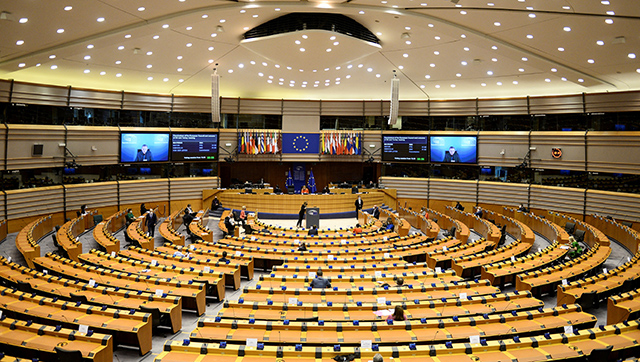)
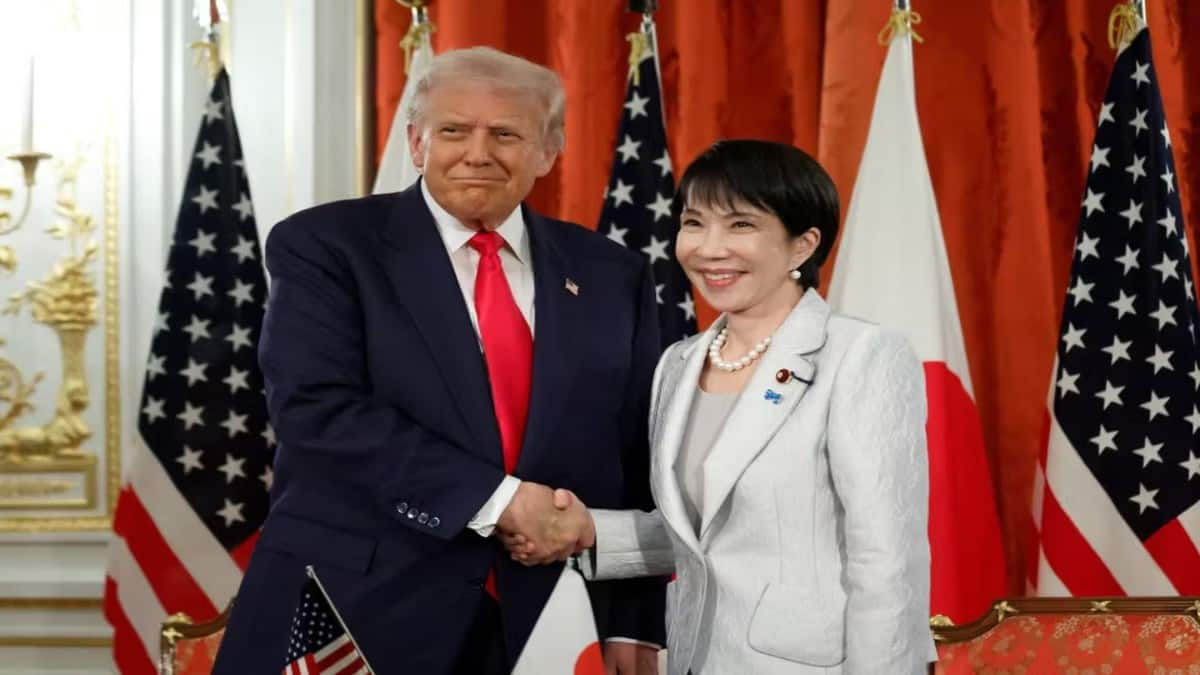
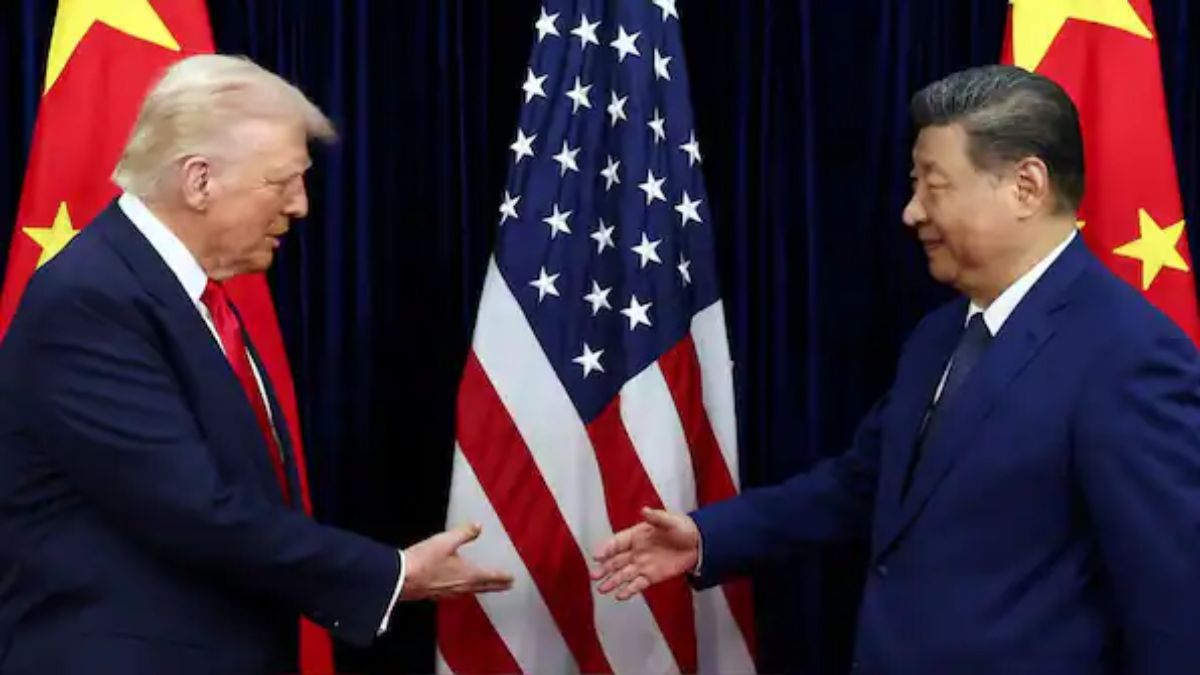)
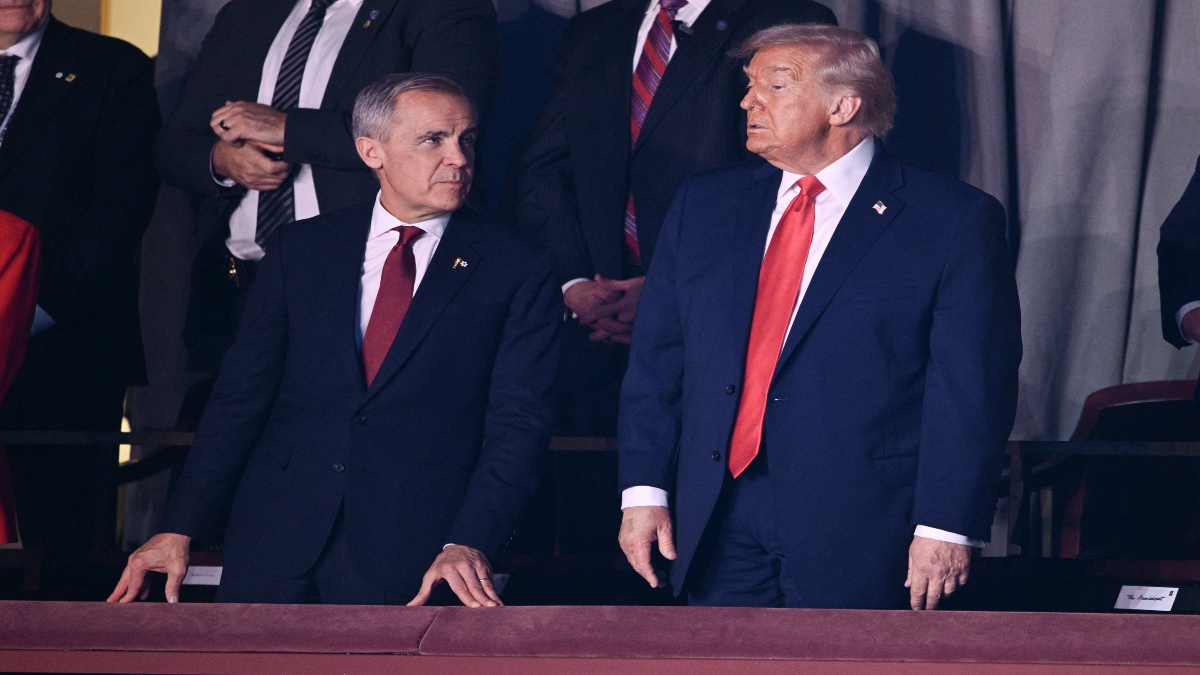)
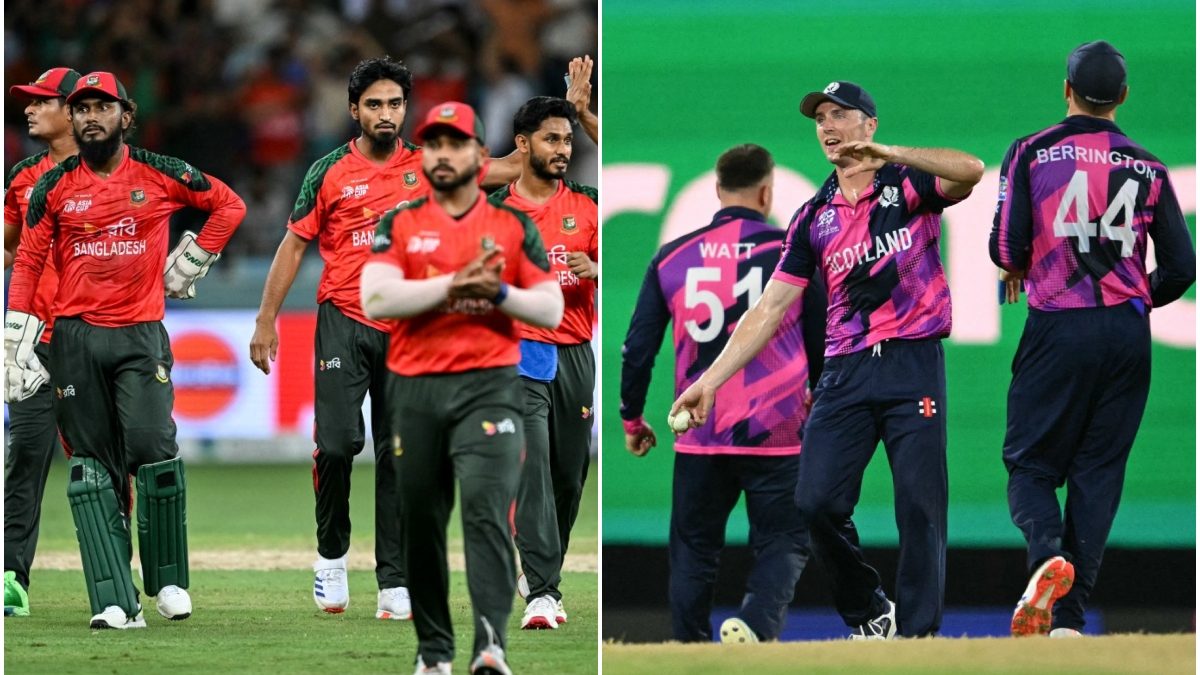)
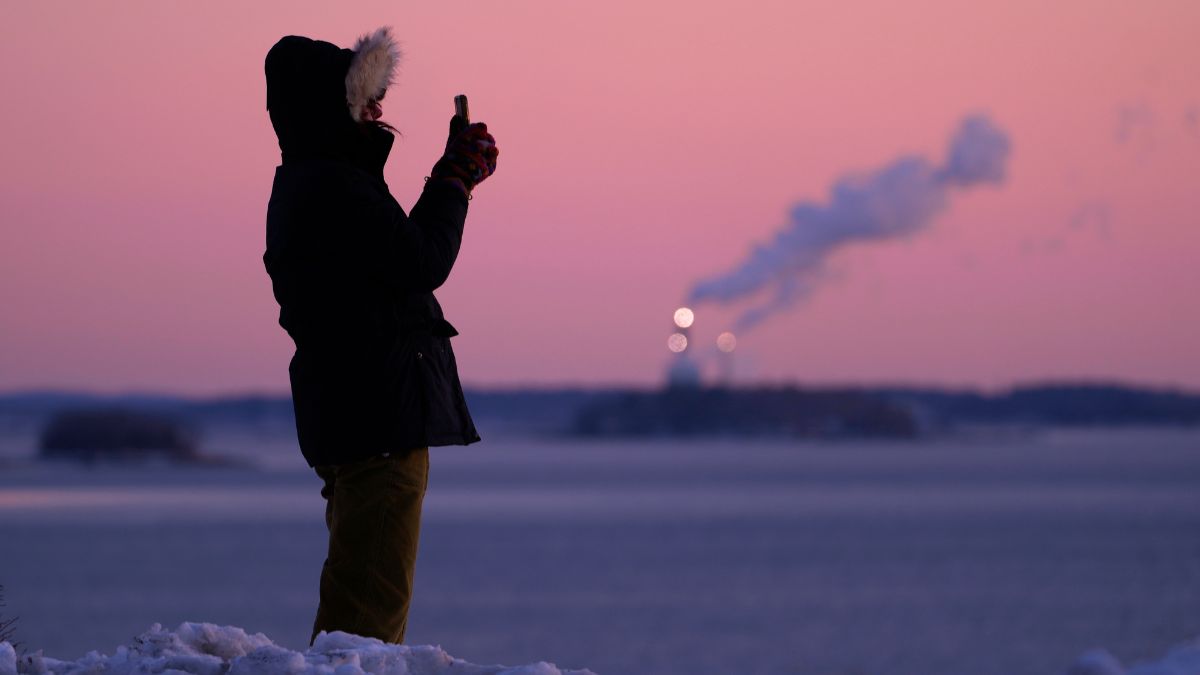)
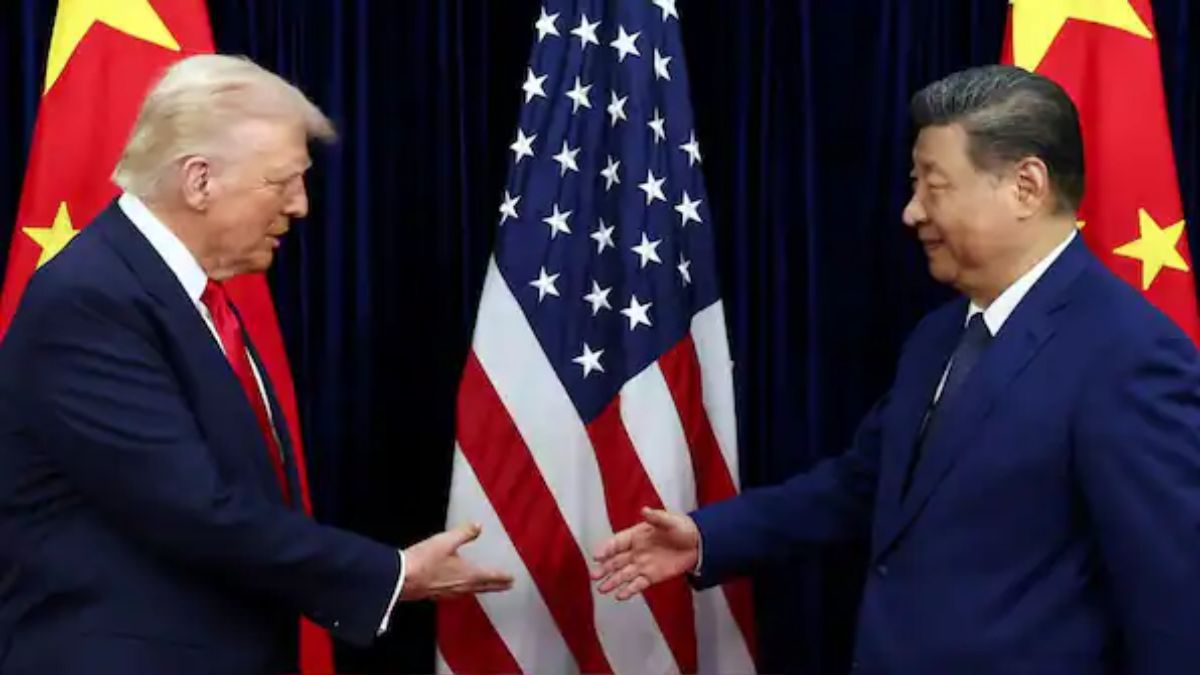)
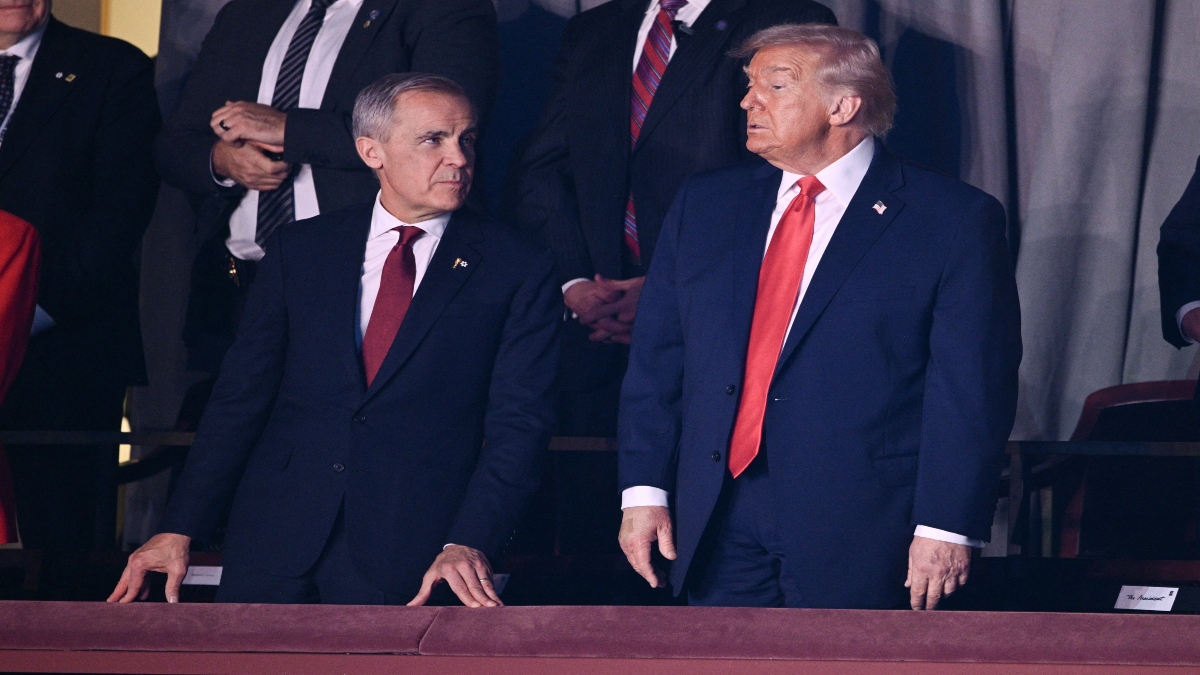)
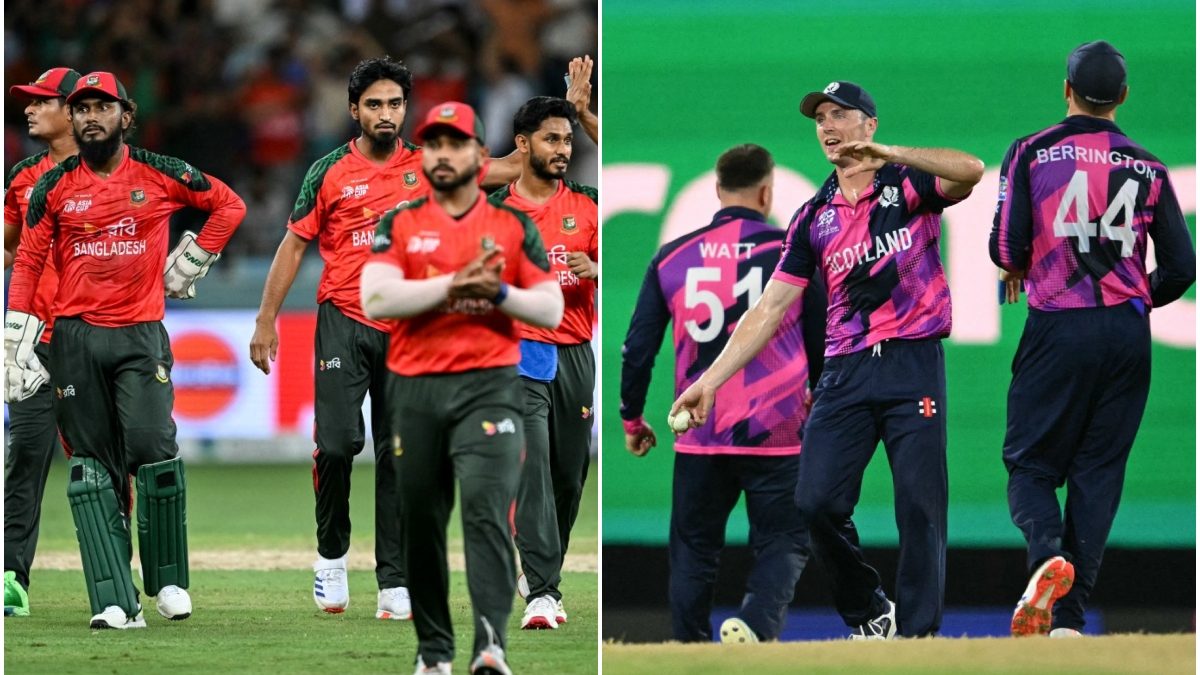)
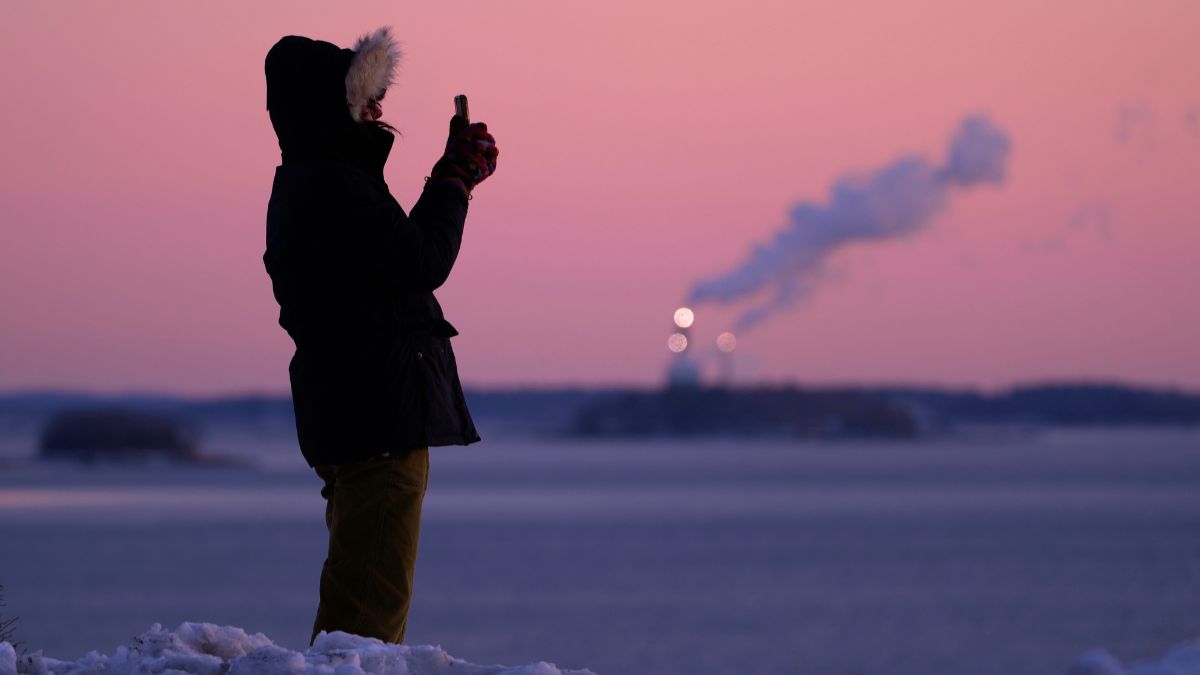)



